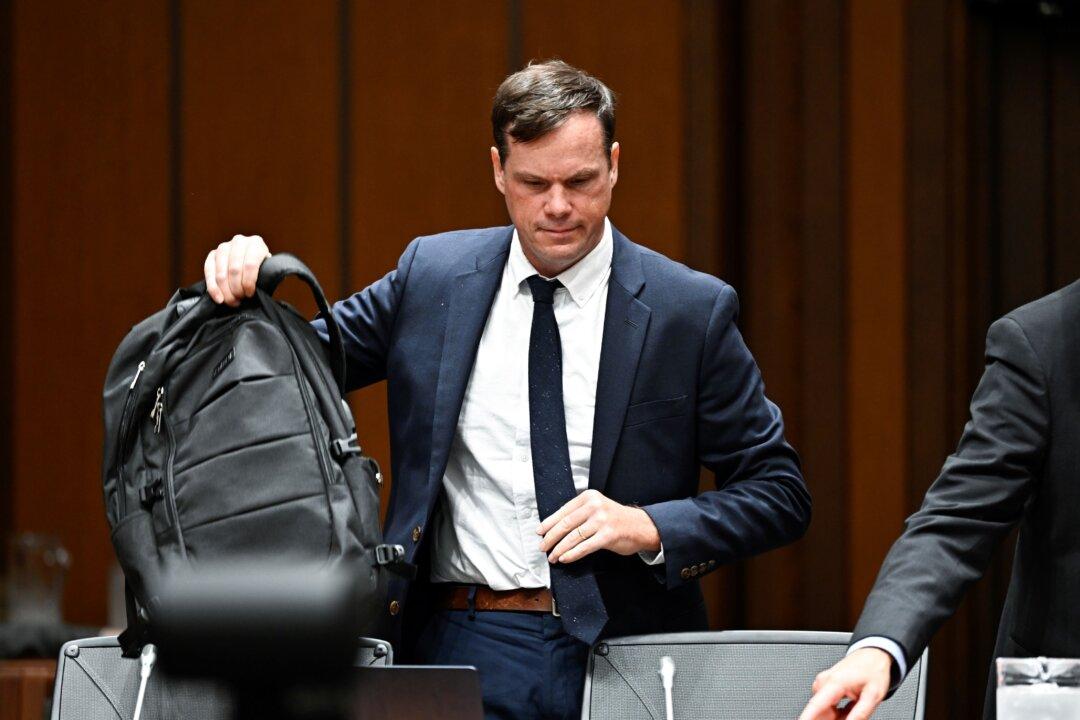A journalist whose reporting helped raise concerns about possible Chinese meddling in Canadian democracy told a committee of MPs on June 20 that he stands by his work.
Sam Cooper, who recently left Global News to start his own online news site, told MPs that other countries, such as Australia and the United Kingdom, have faced similar disclosures about Chinese attempts to influence elections, and have followed up with laws designed to counter foreign interference.





